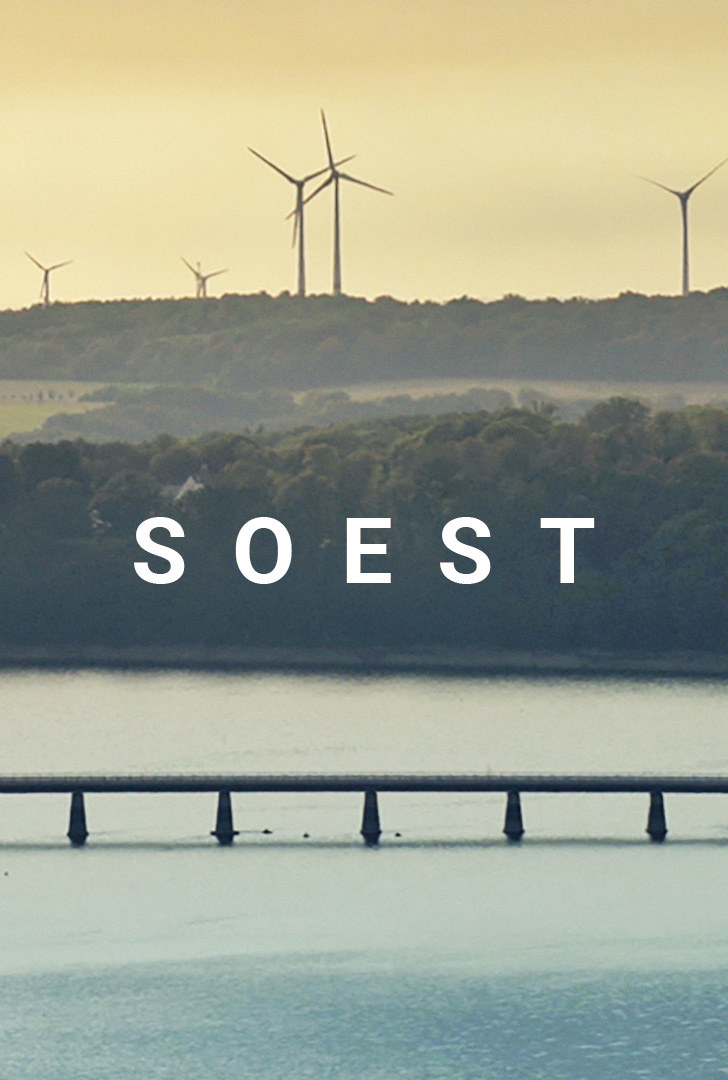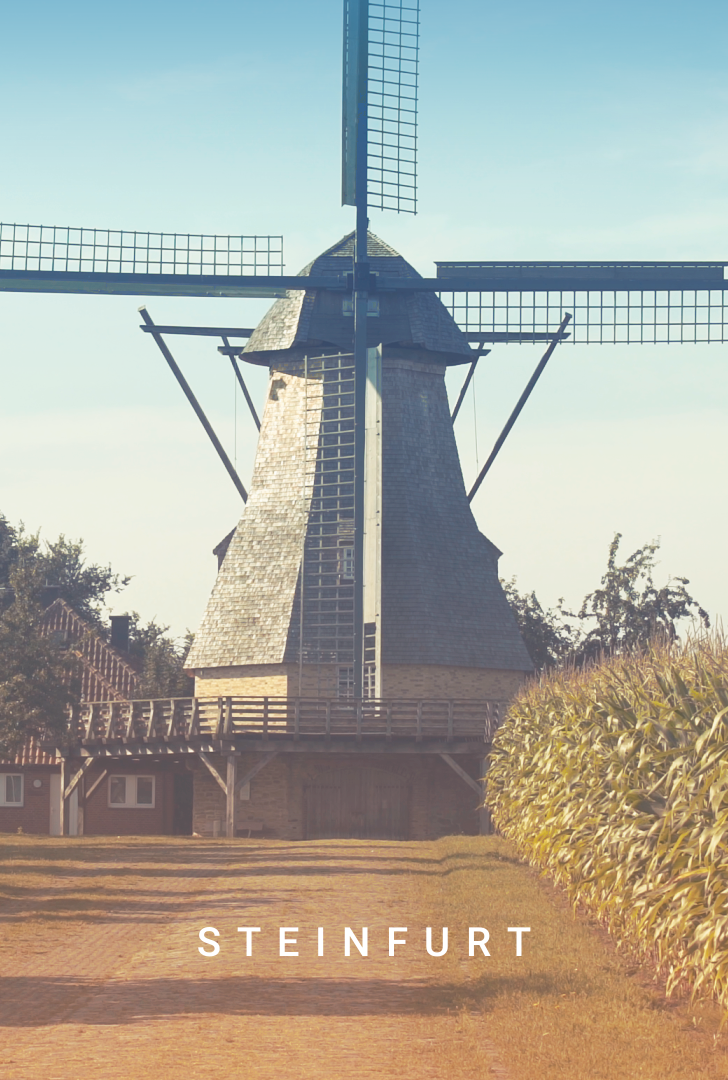Evolving Regions overview
The LIFE Roll-outClimAdapt (LIRCA) project is funded by the EU environment programme LIFE and co-financed by MULNV NRW.
Taking precautions – we do this for our health and our finances. And for our environment? It has to endure more and more extremes. Hot and dry summers, heavy rain, cyclones, floods. Non-urban spaces in particular face complex and ever-changing challenges. How can regions and communities adapt to climate change? The answer: climate adaptation.
Contact person


 Show
Show 






